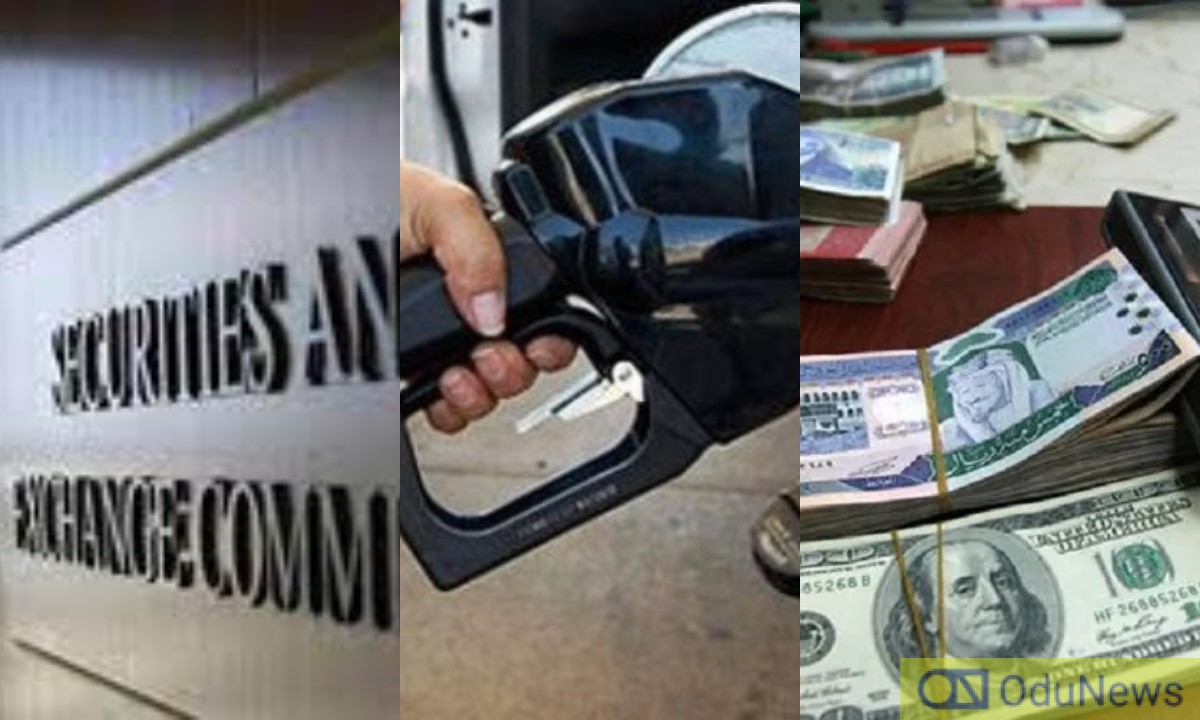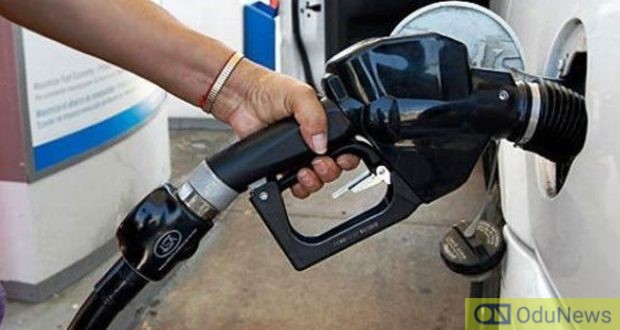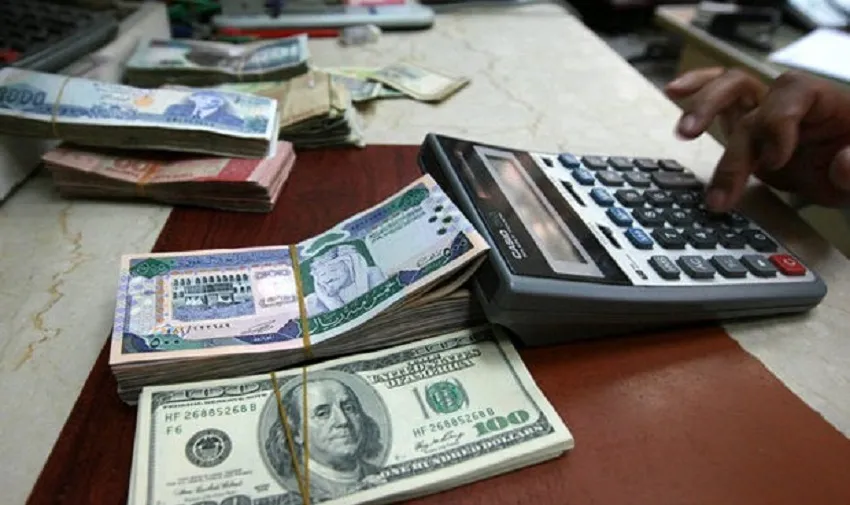The Securities and Exchange Commission has announced that capital market operators will get unique identifiers to curb fraud in the market, OduNews reports.

According to a statement issued by the commission, Lamido Yuguda, SEC DG, disclosed this at a recent meeting with the management of the Nigeria Data Protection Bureau (NDPB) in Abuja.
Yuguda said the move was part of efforts by the SEC to manage the identities of participants in the capital market.
He said the unique identifiers will also reduce the high number of unclaimed dividends.
According to him, the identity management project in the capital market would ensure that market transactions are secured and done on a ‘straight-through processing’ basis, leaving very little human intervention in the processing of data.
The director-general said that the commission was currently engaging stakeholders to harmonise various databases of investors and facilitate data accuracy in the market.
“As far as the commission is concerned, we have an information technology (IT) transformation project underway that seeks to strengthen our data protection within the commission and the capital market,” Yuguda was quoted as saying.
“It will be up to speed in terms of modernity, efficiency, and protection of the database of the commission and the capital market.”
On his part, Vincent Olatunji, national commissioner of the NDPB, commended SEC for its robust data policy and expressed the readiness of the bureau to collaborate with the commission.
Perturbed by online fraud and identity theft, SEC has been striving to stem the practice in the capital market.
Yuguda had described identity theft as a fraudulent practice of using another person’s name and personal information to obtain shares, credit, and loans, among others.
NBS Says Subsidy Hits 45% Of Fuel Import Bill In Q1, 2022

Nigeria’s National Bureau of Statistics (NBS) says that Nigeria spent N1.51tn on the imports of premium motor spirit, also known as petrol, in the first quarter of 2022.
This was disclosed in the Foreign Trade in Goods Statistics report of the NBS.
The figure represents 25.54 per cent of the total imports for this quarter, and an increase of 17.05 per cent when compared to the N1.29tn spent on importing fuel in Q1 2021.
The PMS import, as usual, tops the list of imported products for this quarter.
Figures from the Nigerian National Petroleum Company Limited showed that the oil firm spent N210.38bn, N219.78bn, and N245.77bn as subsidies on petrol in January, February, and March 2022 respectively.
This means that a total of N675.93bn was spent on fuel subsidies in Q1 2022.
The amount spent on fuel subsidies is 44.86 per cent of the amount spent on fuel imports.
The amount spent on fuel subsidy monthly rose from N60.39bn in March 2021 to N245.77bn in March 2022, indicating an increase of 306.97 per cent.
Despite the increasing cost of the fuel subsidy, Nigerians still suffered a hike in the cost of transportation.
Economic and energy experts have continued to decry the rising cost of fuel subsidies to the Federal Government.
The World Bank and the International Monetary Fund have decried the Federal Government’s huge spending on petrol subsidies, urging the government to end the regime.
The World Bank, in its Africa’s Pulse report, said increasing fuel subsidy puts the Nigerian economy at a high risk as subsidy payments could significantly impact public finance and pose debt sustainability concerns.
Although the Federal Government had planned to stop paying fuel subsidies by June 2022, the government eventually backtracked on the plan.
However, in January this year, the Federal Government decided to retain the controversial fuel subsidy for another 18 months following threats of protests by the Nigerian Labour Congress and other interest groups.
Nigeria’s Foreign Reserves Fall By 5% As South Africa Records Huge Increase

Nigeria’s foreign reserves have declined by 5% from $40.521bn in December 2021 to $38.483bn by May 31, 2022.
South Africa, Africa’s second-largest economy after Nigeria, grew its foreign reserves to $60.28bn by end of April 2022 (when it last reported it) from $57.589bn recorded by end of December 2021.
By the end of April 2022 when South Africa last reported its reserves, Nigeria’s foreign reserves stood at $39.579 billion, having declined by 2.3 per cent since December 2021.
Foreign reserves are assets held on reserve by central banks in foreign currencies, according to Investopedia. These reserves are used to support the economy and boost the foreign exchange market during emergencies or periods of crunch.
Data show that Nigeria is an import-dependent and consuming nation. In 2021, the value of Nigeria’s total trade stood at $39.751tn, but total imports stood at &20.843tn while exports were valued at $18.907.79tn. However, over 70 per cent of the exports were made up of crude, which was shipped abroad, refined and re-imported.
Nigeria earned $45.56bn from crude and non-oil within the same period, according to the NBS’ Foreign Trade Statistics. Crude oil made up over 76.22 per cent of this amount, while the non-oil was 23.78 per cent. Non-oil exports were around $10.836bn.

Submit press release, news tips to us: tips@odunews.com | Follow us @ODUNewsNG
